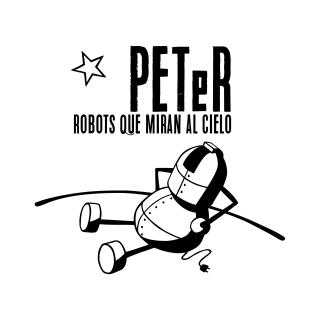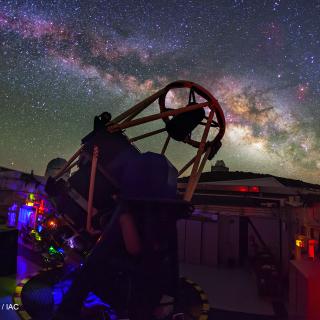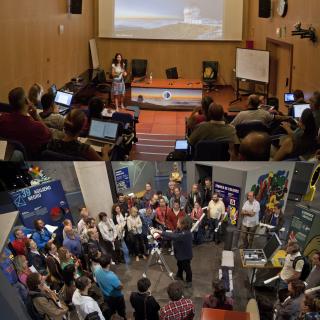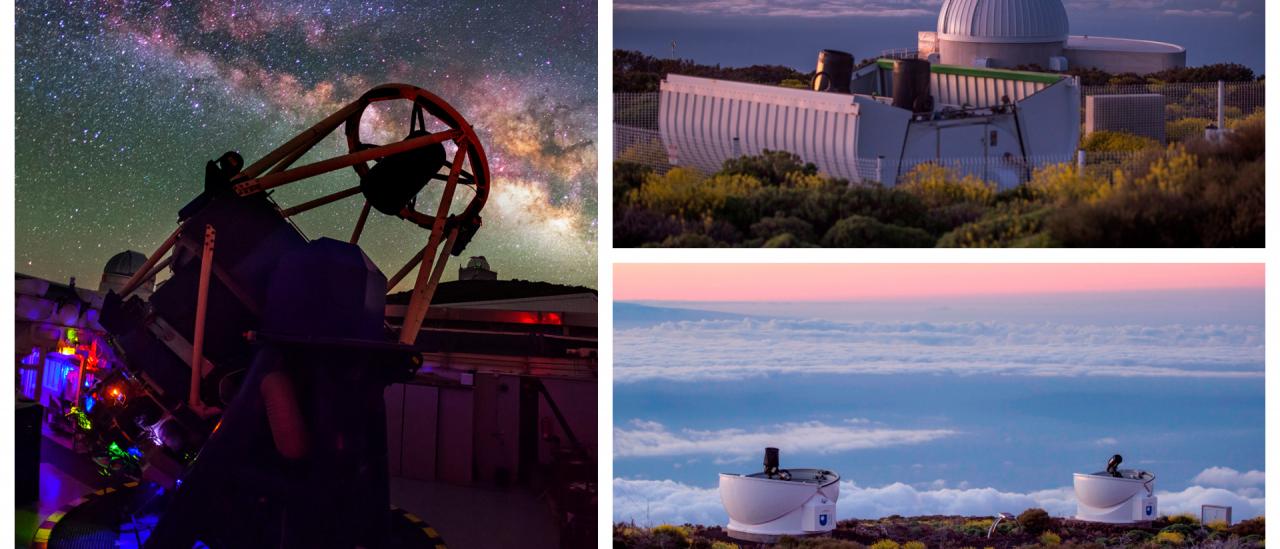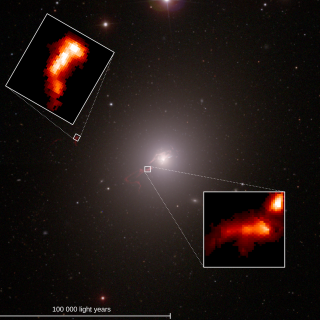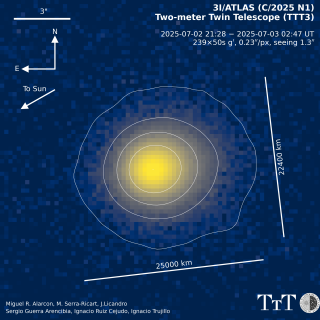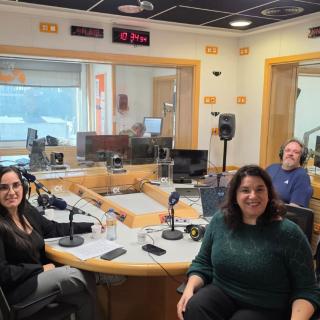This project of the Instituto de Astrofísica de Canarias allows the educational community in Spain to carry out their own research on the universe using professional robotic telescopes. In the Canaries the course has been offered through the Department of Education, Universities, Culture and Sports of the Canary Government.
Last week saw the conclusion of the teacher training courses of the Education Project with Robotic Telescopes (PETeR for its Spanish initials) of the Instituto de Astrofísica de Canarias (IAC), which has been running for over a month in virtual format. Over 100 Canary teachers followed the course “PETeR: Investigate the Universe with robotic telescopes” offered in collaboration with the Department of Education, Universities, Culture and Sports (CEUCD) of the Canary Government, through its Area of Scientific Vocations and Creativity, STEAM. A further 80 teachers from the rest of Spain participated in the Webinars organized by the IAC in the framework of this project, together with some teachers from other countries who belong to centres with agreements with the Spanish Ministry of Education, or that collaborate with Spanish schools.
The aim of these courses is to provide the teachers with the knowledge and tools necessary for them to guide their students in carrying out research projects in astronomy, using the powerful infrastructures that the IAC makes available through PETeR: state-of-the-art robotic telescopes, such as the Liverpool Telescope at the Roque de los Muchachos Observatory, or the telescopes of Las Cumbres Observatory network, located at the Teide Observatory and on five other sites around the world.
Training has been carried out via live online sessions, in which theoretical and practical knowledge has been tackled including the study and the observation of Solar System objects, how to discover variable stars, supernovae, or even new worlds. The virtual classes were complemented with didactic resources which the teachers can use with their students, as well as scientific and technical advice offered by the coordinator of PETeR and lecturer on the course, astrophysicist Nayra Rodríguez Eugenio. The teachers in the Canaries have also been able to use a virtual campus on the AULATIC platform of the CEUCD, where they have been able to raise their doubts and exchange experiences and impressions with the lecturer and with the other participants on the course.
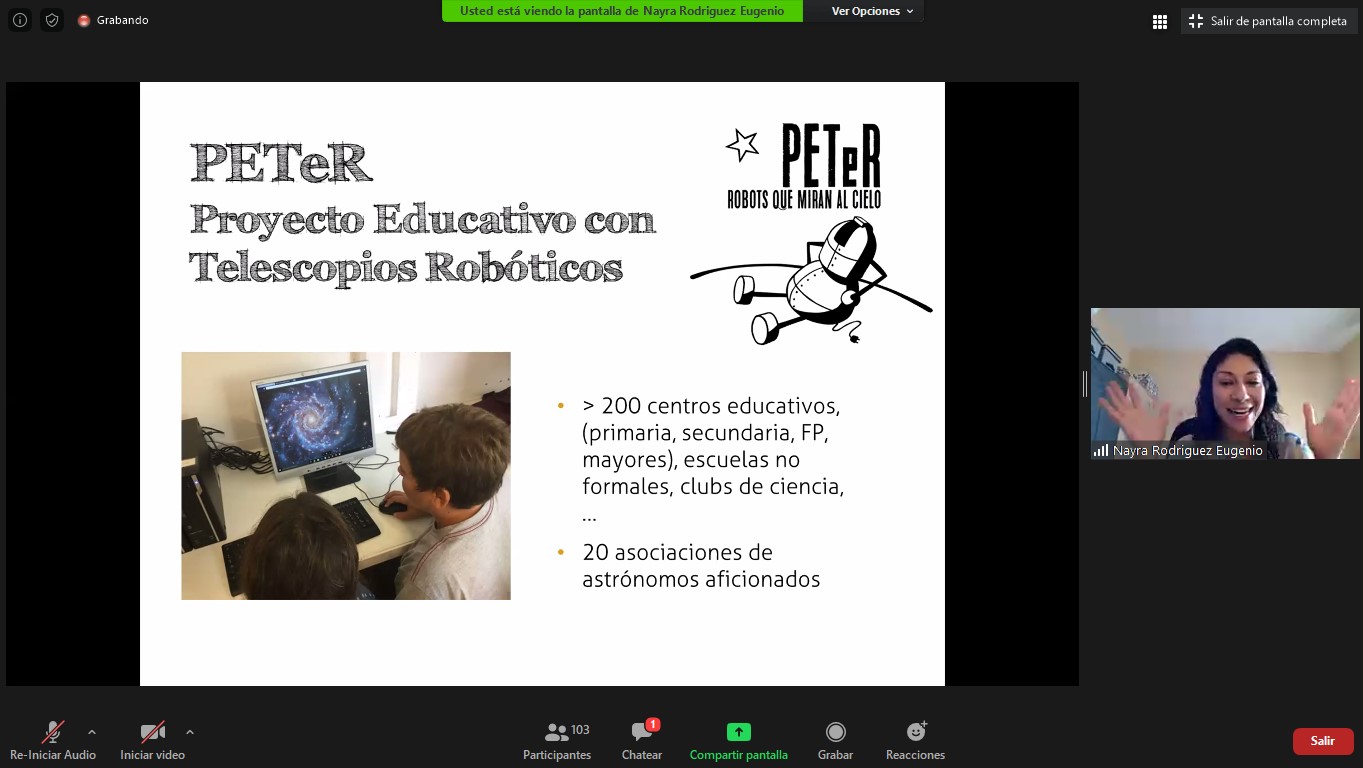
"We were pleasantly surprised by the high level of participation in the training courses, in spite of the difficult situation we are facing because of the COVID-19 – says Nayra Rodríguez - which shows the strong commitment of the teachers and their motivation to develop active education as a stimulant to their students, based on research and including the use of new technologies that will prepare them for current and future professions". She adds that "the courses have been very positively valued by the teachers, which encourages us to continue with the project and offering training along these lines".
In total more than 480 teachers have been trained in the past 5 years within the framework of PETeR, which means that some 12,000 students per year can carry out their own observations and research projects about the universe with the telescopes and other tools offered by the project.
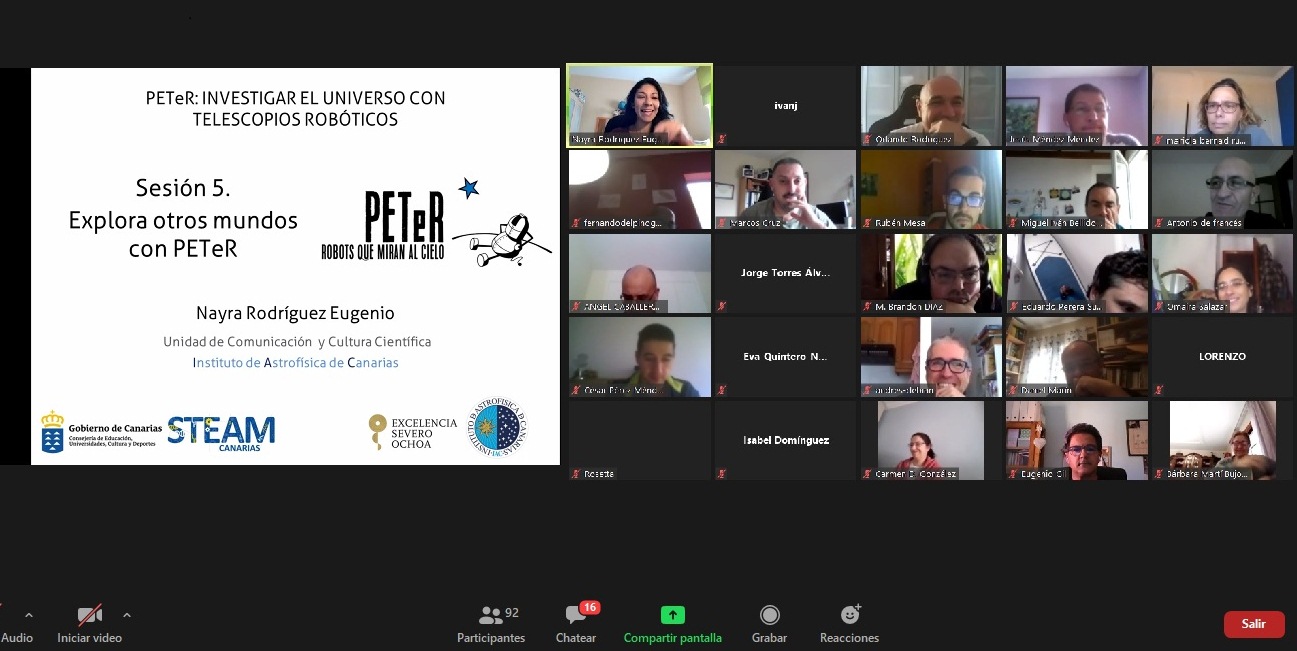
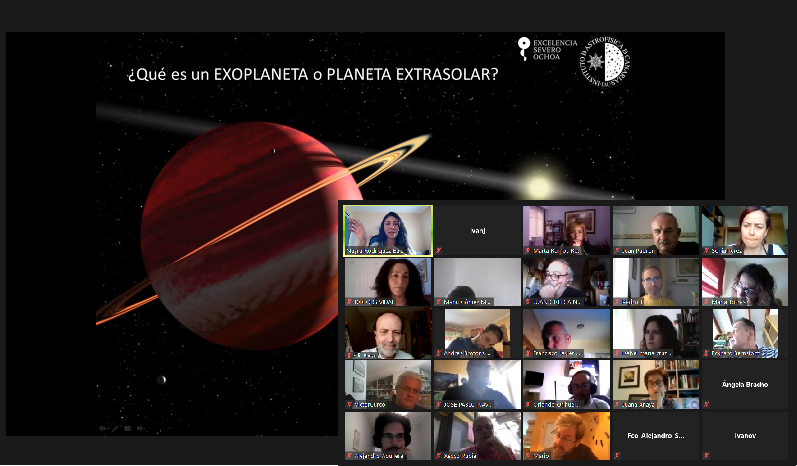
More information:
Project coordinator: Nayra Rodríguez Eugenio (nre [at] iac.es (nre[at]iac[dot]es), peter [at] iac.es (peter[at]iac[dot]es))
